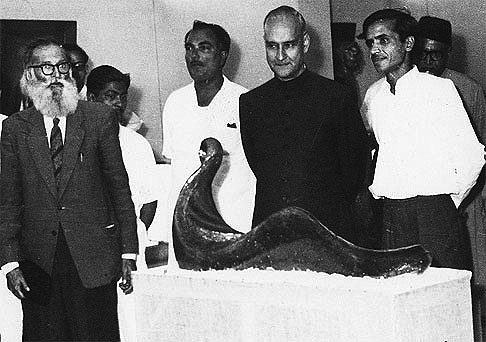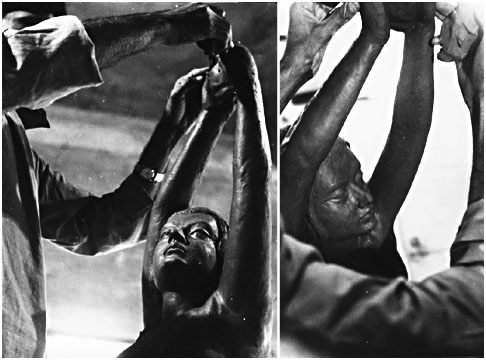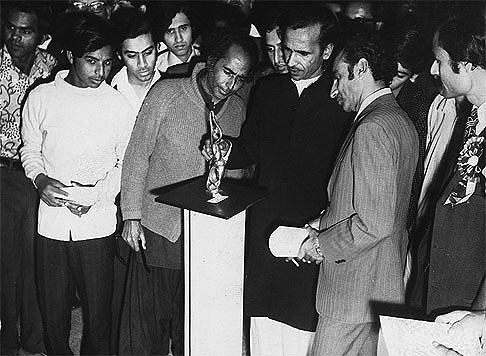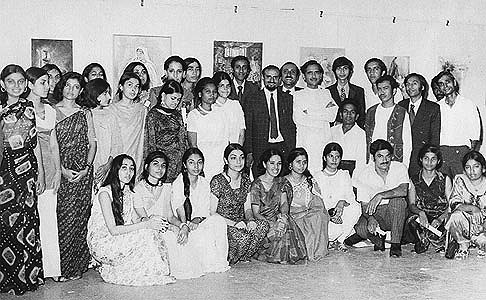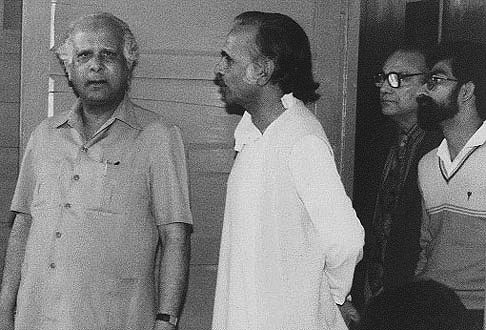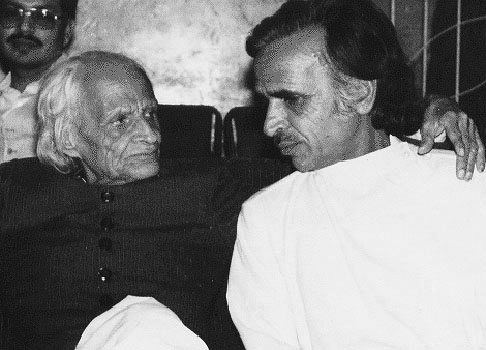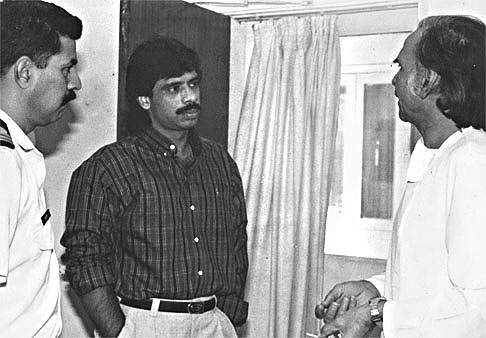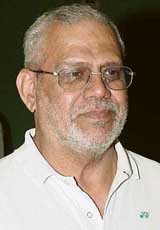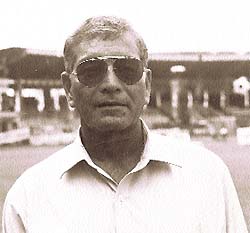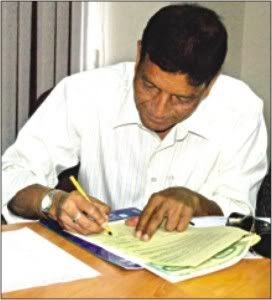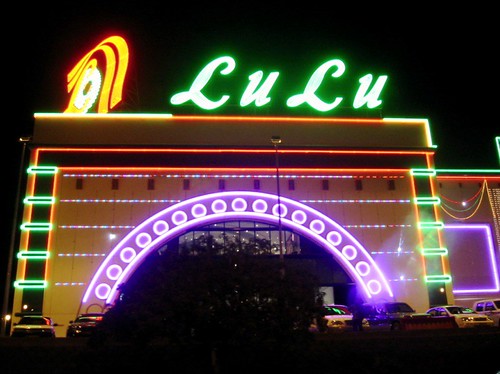
Professor Mushirul Hasan ( Born: 15 August 1949 ) is an internationally known historian, author and ex-Vice-Chancellor of Jamia Millia Islamia University at Delhi. He has written extensively on the Partition of India, on communalism , and on the histories of Islam in South-Asia.
Mushirul Hasan was the elected President of the Indian History Congress in 2002. In 2007, He was awarded the Padma Shri by the Government of India and the Ordre des Palmes Académiques by the French Government in 2010. In May 2010, he was appointed the director-general of the National Archives of India.
Education
Mushirul Hasan did his M. A. from Aligarh Muslim University in 1969. He later earned a Doctorate (Ph.D.) from the University of Cambridge, 1977. In September 2008, The Calcutta University offered him an honorary D.Litt.
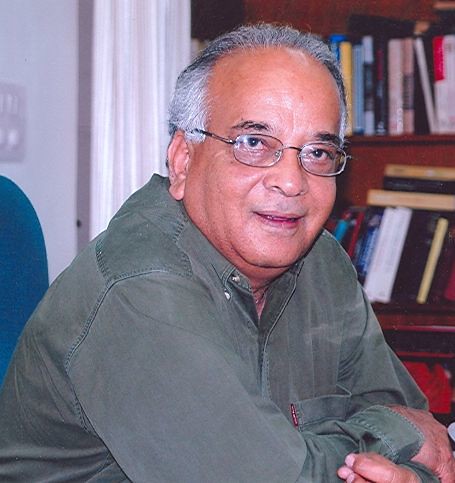





Books
Some of his well know works are :- The Nehrus: Personal Histories (2006)
- Legacy of a Divided Nation: India s Muslims Since Independence ( Oxford University Press, 1997);
- John Company to the Republic: A Story of Modern India (2001);
- Islam in the Subcontinent: Muslims in a Plural Society (2002);
- From Pluralism to Separatism: Qasbas in Colonial India (Oxford University Press, 2003);
- A Moral Reckoning: Muslim Intellectuals in Nineteenth-Century Delhi (Oxford University Press, 2004).
- Between Modernity and Nationalism: Halide Edip’s Encounter with Gandhi’s India (Oxford University Press, 2010).
- Moderate or Militant? Images Of India’s Muslims (Oxford University Press, 2008).
- Partners in Freedom: Jamia Millia Islamia, (Niyogi Books: Delhi, 2006), (with Rakhshanda Jalil).
- Making Sense of History: Society, Culture and Politics (Manohar, 2003).
- Faith and Freedom: Gandhi in History (Niyogi Books: Delhi, 2013)
- Islam, Pluralism, Nationhood: Legacy of Maulana Azad (Niyogi Books: Delhi, 2014)

Mushirul Hasan was awarded with numerous honours both nationally and internationally. Some of his major awards are:
- The D.P. Singhal Scholarship, University of Queensland, Brisbane, 2003.
- The Ford Foundation (SARC) Fellowship by the Institute of Islamic Studies, University of Oxford, 2002-03.
- 'Officer dans I'Ordre des Palmes Academiques' (Officer of the Order of Academic Palms) by the Prime Minister of the France.
- D.Lit (Honoris Causa) by Uttar Pradesh Rajarshi Tandon Open University (UPRTOU), Allahabad, 2006.
- Professor Sukumar Sen Memorial Gold Medal by The Asiatic Society, Kolkata, 2006.
- Padma Shri by the President of India, A.P.J. Abdul Kalam, 2007.
- D.Lit (Honoris Causa) by Calcutta University, Kolkatta, 2008.
- Hasan was also awarded the Mahatma Gandhi National Fellowship by the Indian Council of Social Science Research for the term 2009-2011.
- Hasan was conferred the Jawaharlal Nehru Fellowship by the Jawaharlal Nehru Memorial Fund on the occasion of the 124th birth anniversary of the former Prime Minister on the 14th Nov 2014.
He has also held in the past, academic positions at the Wissenschaftskolleg (Institute of Advanced Study), Berlin, Centre D’Etudes De L’Inde ET de L’ Asie Du Sud(The Center for Studies in India and South Asia ), Paris, Centre of South Asian Studies, University of Cambridge, UK and the St Antony's College, Oxford and the Nehru Memorial Museum and Library, New Delhi.

Memorial Lectures
Memorial lectures delivered by Hasan- Moin Shakir Memorial Lecture
- Bhagat Singh Memorial Lecture
- Ved Pal Memorial Lecture
- Dr. Zakir Husain Memorial Lecture
- SC Misra Memorial Lecture
- D.D. Kosambi Lecturer
- Durgabai Deshmukh Lecture
- Ibn Sina Memorial Lecture (Ibn Sina Academy of Medieval Medicine and Sciences)
Source : Wikipedia








